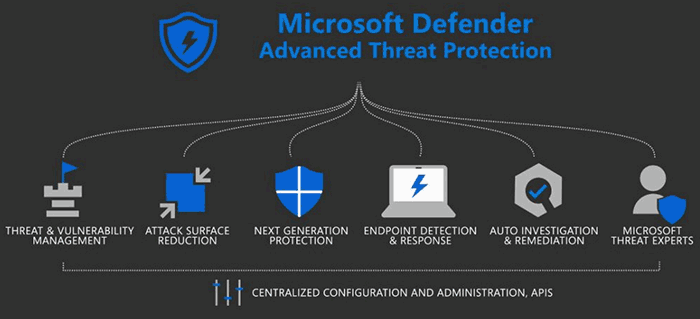If you are pretty happy with Microsoft security software performance on Windows, you might be pleased to learn that its scope is being expanded to cover other platforms, like Linux, Android and iOS. This move is part of Microsoft's AI security strategy to help protect today’s hybrid environments. It is reasoned that attackers will pick at an organisation's point of least resistance, and comprehensive protection across all platforms used by an organisation is therefore necessary.
Microsoft's efforts to provide greater security to platforms like Linux, Android and iOS will come in the form of Microsoft Defender Advanced Threat Protection (ATP) for endpoint security. This software is claimed to offer preventive protection, post-breach detection and automated investigation and response. It is currently available for Windows and Mac, and as of Thursday became available, as a public preview, for Linux users.

Microsoft Defender ATP for Linux extends endpoint threat protection to this OS environment. As per our headline, something similar is on the way to Android and iOS. We will hear more about the Android and iOS mobile solutions at the RSA conference next week, promises Microsoft.
At the time of writing a CNBC report has a little bit more information about the mobile versions of Microsoft Defender ATP. "They're pretty safe, but pretty safe is not the same as safe," Rob Lefferts, a Microsoft CVP, said in an interview at company headquarters in Redmond, Washington, last week. "Malware does happen on those platforms". Lefferts indicates that apps are mostly relatively safe due to Google Play and Apple App Store protections; however Android users can often download apps from other sources, and attackers can use vectors such as phishing email and malware ridden websites as a means to their ends. Last but not least it seems like a significant part of Microsoft's protections on mobile will be filtering out online destinations that Microsoft has blacklisted due to security concerns.
Last year Microsoft introduced its Application Guard extension for Chrome and Firefox, to try and seal these attack vectors - re-routing potentially dangerous web destinations to a sandboxed Microsoft Edge browser window.













